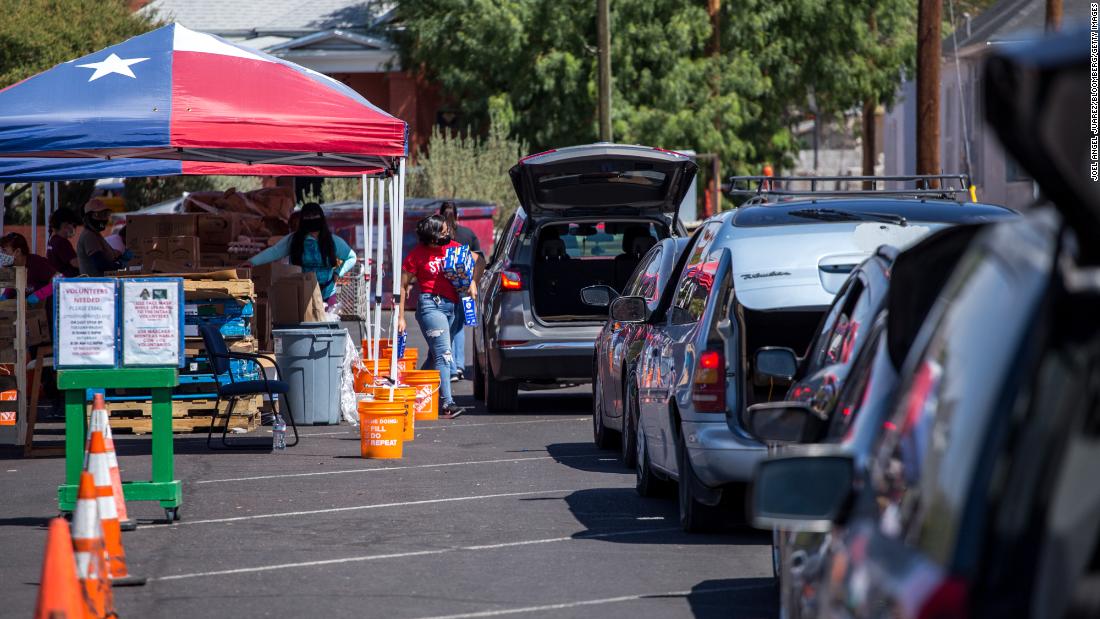
Here’s the latest: Half of American adults live in homes that lost income from jobs.
That’s what the Census Bureau found in its most recent weekly survey, conducted July 2-7, which tracks the impact of the virus on the nation.
In some states, even more residents are affected. In Hawaii, which depends on tourism, the share is 61.6%, while in Nevada, where all casinos had closed, it was 59.7%. New York and California reached 58.2% and 57.5%, respectively.
Some places fared relatively better. They include: the District of Columbia with 34.6%, North Dakota with 36.1%, Iowa with 39% and Idaho with 39.4%.
Some 20.5 million Americans lost their jobs in April, the fastest and strongest decline on record. Although more than 7 million people found work in May and June, the unemployment rate was 11.1% last month, the highest since World War II.
And the recent spike in cases is likely to mean even more layoffs and hardships, especially when combined with the shaky finances of larger companies, several of which have recently announced radical job cuts or massive potential downsizing.
A cost to well-being
The census survey also reveals the cost the pandemic is having on the well-being of Americans.
Almost 35% of adults expect a loss in work income. More than 25% defaulted on their rent or mortgage payment last month, or had little or no confidence that their home would be able to make the next payment on time.
About 11% of Americans lived in homes where sometimes or often there was not enough to eat in the past seven days. And just over 40% of adults had delayed medical care in the previous four weeks.
The pandemic is also affecting people’s mental health.
Nearly a quarter of respondents reported that they had little interest or pleasure in doing things more than half of last week or almost every day. And almost a third said they felt anxious or nervous during the same period.
.